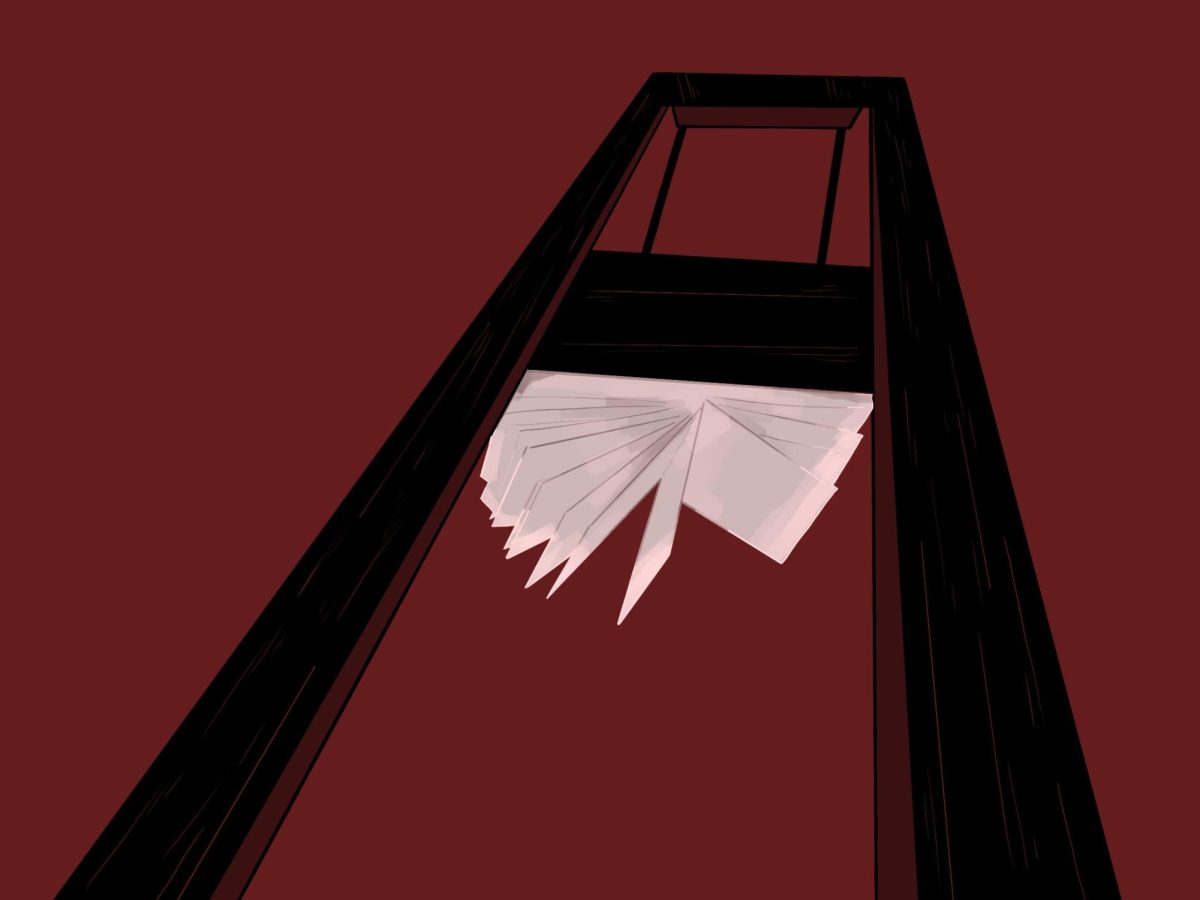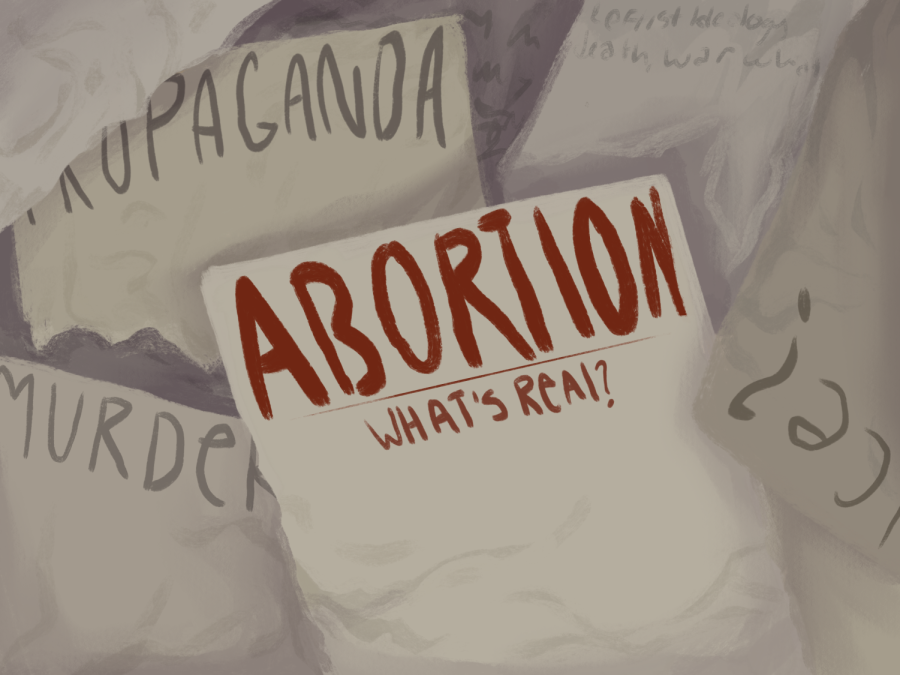Bird-watching, hiking, the beach and a perfect campground are all on the brink of indefinite closure due to the California budget cuts. McGrath State Beach is Ventura County’s most visited state park and now just one simple infrastructure problem could bring it down.
It was announced recently that McGrath faced closure due to a problem with a nearby sewage line that would take $500, 000 to repair. With the State Parks facing $22 million budget cuts, that money is simply not available, and taxes are out of the question for lawmakers.
The sewage line comes from the McGrath campgrounds and so, to protect the Santa Clara River, they want to close the park and campgrounds to make it so that there is no use of the weakened line.
Closing the campgrounds can have a prolific effect on Ventura’s economy. Campers often visit Ventura restaurants and stores while camping at McGrath. Without that extra business, places like the Ventura Harbor, which rely partially on McGrath visitors, will earn less.
McGrath is the beginning of a new trend that is likely to affect almost all of the state parks. State debt is increasing and the parks are merely getting older, which together, make the closing of run-down, dilapidated parks like McGrath a very likely future.
If given the chance, McGrath could pay for its own repairs. The park sees around 650,000 visitors yearly and if each person paid a cheap maintenance fee to enter the park, more then enough would be made to fix the sewage line.
A ballot measure adding $18 to vehicle registration for the state parks was defeated but maybe that was just the wrong place to enact a fee. If every state park charged a couple dollars per person for maintenance that would allow the parks to essentially fund themselves.
One argument against this could be that if fees were enacted people would stop visiting the parks and the revenue would still not be raised. If it was made clear, however, that the fees were what was keeping the parks open, I think people would be more than willing to pay.
With 278 parks and 1.4 million acres of wilderness facing closure, lawmakers need to realize that closing the parks is not the only way to save money.








